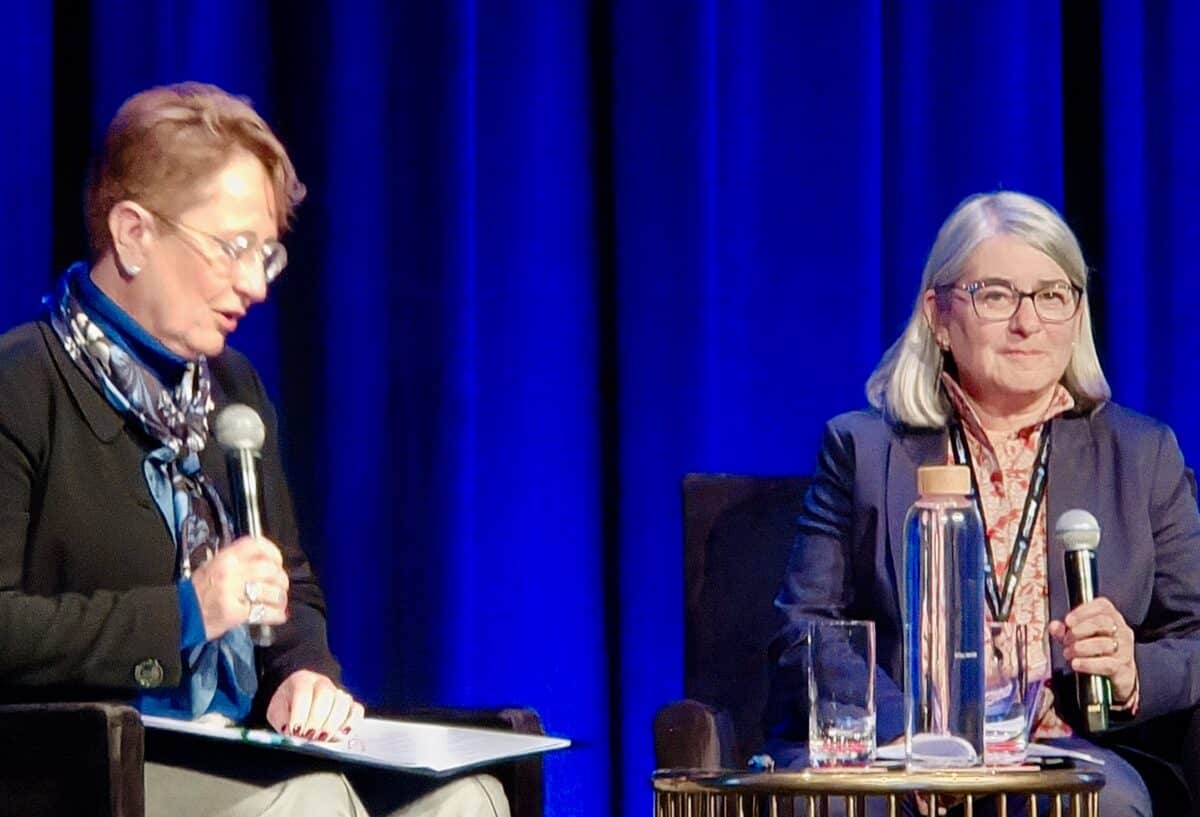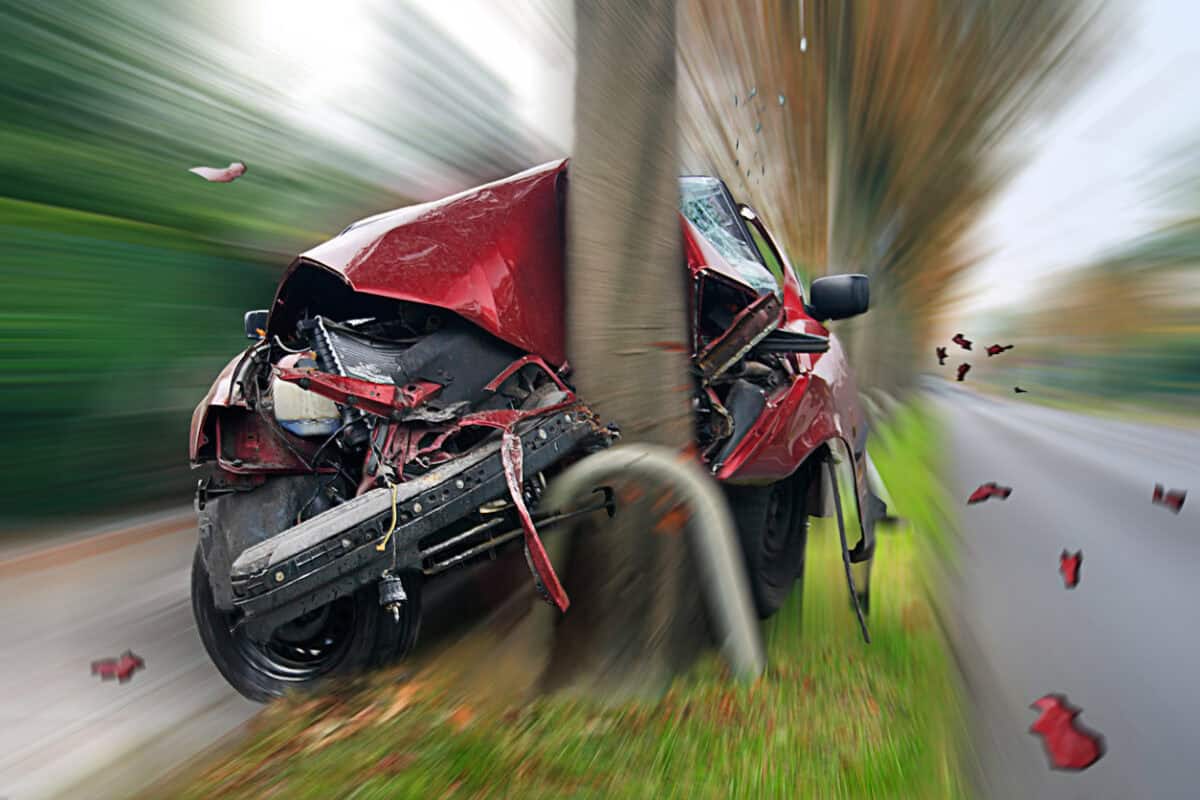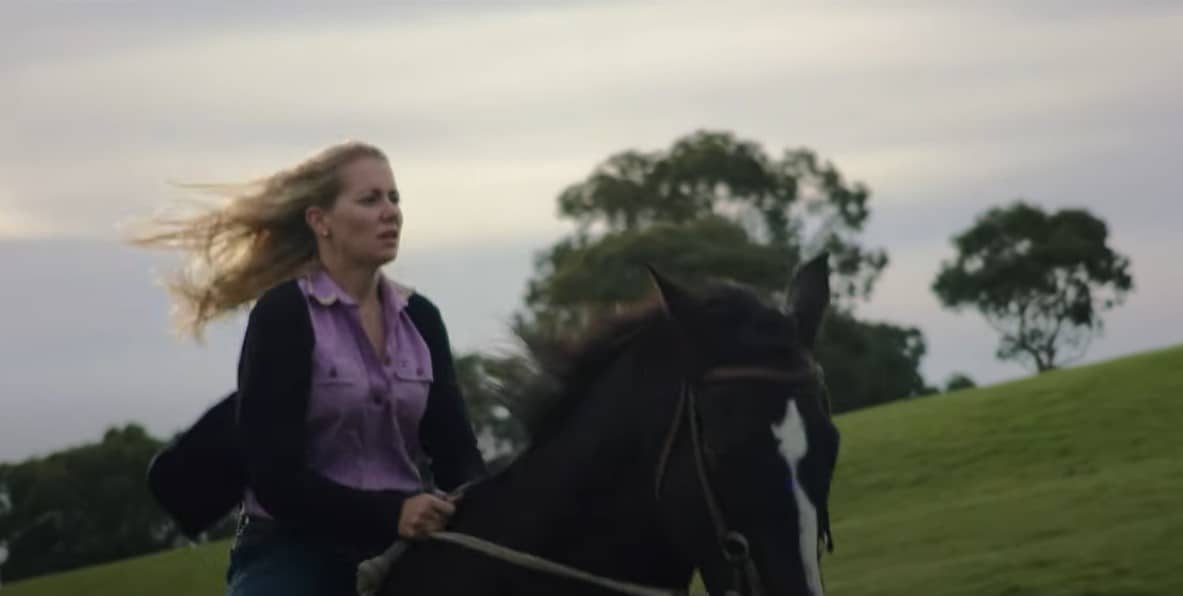The CEO of Safe Work Australia, Marie Boland, told delegates of the Psych Health and Safety Conference in Sydney on June 19 2024 that psychosocial injuries are likely to be notifiable to occupational health and safety (OHS) regulators, including instances of work-related suicide.
Category: suicide
New vehicle suicide data may need us to broaden our investigations
Recently published research into road vehicle collision suicides in Australia may have an occupational health and safety (OHS) relevance.
(This article discusses suicide]
New data on workplace suicides should change the mental health at work discussion
“No one should die at work” is a common statement at Worker Memorial Services every year. Occupational health and safety (OHS), in particular, uses death as a starting point for reflection and sometimes action. Workplace death is a recognised worst-case scenario and has long been established as a benchmark for measuring OHS progress.
[This article discusses workplace suicides]
There is increased interest in psychosocial hazards at work with the worthy goal of preventing these hazards. However, psychosocial deaths such as those by suicide do not hold the same place or role as “traditional” physical workplace deaths. They are rarely the launching pad for drastic change in our systems of business, but that is starting to change if new data and analysis are any indication.
“10 to 15% of suicides in the working population are attributable to work”
Job strain, job stress, and psychosocial hazards at work have become mainstream if a major public broadcaster produces radio programs and podcasts about them.
On March 15, 2024, the Australian Broadcasting Corporation’s This Working Life program interviewed Australian experts on job strain. The program offered the latest thinking on the prevalence of this hazard and what to do to prevent it.
Note: This article mentions work-related suicide.
New Australian film on farming life and mental health
“Just a Farmer” is an extraordinary independent Australian film about an all too common occurrence on farms – suicide. The filmmakers have built a strong media profile over the last few months, emphasising the significance of a psychosocial work-related condition. But the film is much more than a film about mental health
Note: this article mentions suicide
There are two possible approaches to this film – a story about the realities of farm life and a depiction of mental ill-health. That both these overlapping approaches are satisfied by this film is a mark of a successful story and production.
The movie opens in over 100 Australian cinema screens on March 21, 2024.
Let’s talk about work-related suicide
Occupational health and safety (OHS) has been fairly successful in reducing the frequency and numbers of traumatic workplace injuries largely because such injuries cannot be hidden or may occur in front of others and increasingly on video. It is a sad reality that work-related deaths generate change and progress. Sometimes the more deaths, the more significant that change or, the quicker that change occurs. However, it is even sadder that change often requires a death.
Note: this article discusses suicide.
An industrial relations perspective on psychosocial hazards
The prevention of workplace psychosocial hazards will be an increasing issue of concern and debate in 2024 as more Australian jurisdictions re-emphasize the application of occupational health and safety (OHS) laws to this insidious hazard. That debate requires a broad range of voices to better understand prevention strategies and to assess existing strategies that have failed or impeded progress. Emeritus Professor Michael Quinlan is one such voice, especially in his recent article, “Psychosocial Hazards: An Overview and Industrial Relations Perspective”.
[Note this article discusses work-related suicide]







